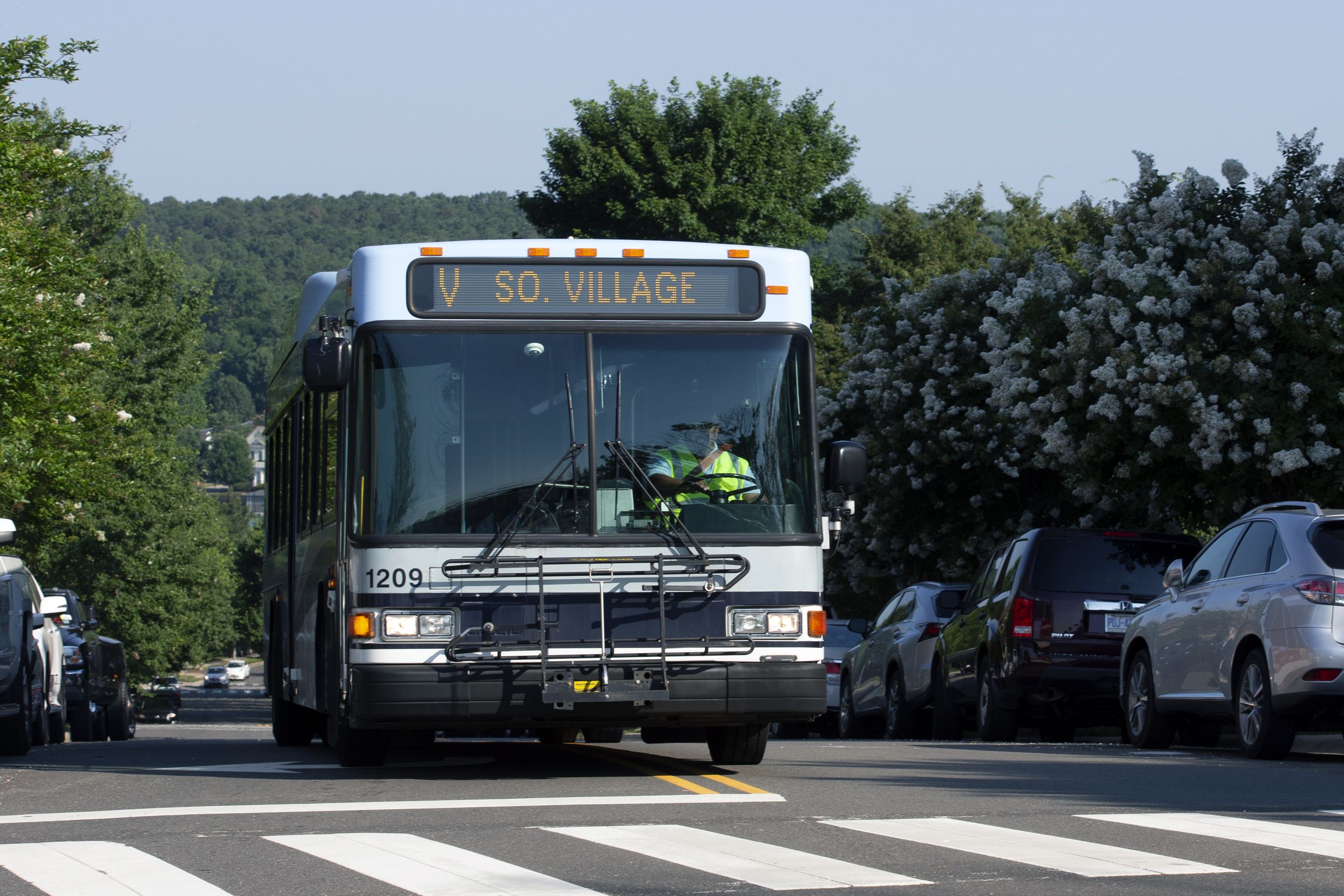All seven seats on the Wake County Board of Commissioners will be filled by Democrats beginning next month, after four Republican Commissioners lost re-election bids on Nov. 4.
That gives advocates for public transit in both Orange and Wake Counties reason to hope that Wake will soon be on board with a three-county plan that also includes Durham.
“I’ve been kidding my friend Nancy McFarlane, the mayor of Raleigh, for a long time,” said Chapel Hill Mayor Mark Kleinschmidt, referring to fellow Mayors Bill Bell of Durham and Nancy McFarlane of Raleigh. “Because, as I tell her, ‘You know, Bill and I, we’re working with our commissioners and bringing a rail line to Durham and Orange Counties by 2026. What are you doing, Nancy?’”
Joking aside, Kleinschmidt said he’s sympathetic to McFarlane’s plight, adding that McFarlane has been working with mayors from multiple Wake County municipalities for a long time to make a transit plan happen, and support is strong.
“The municipal leaders really want this transportation system to be three counties, instead of just the two that it is today” said Kleinschmidt, “But it was those commissioners that were the obstacle.
“They were just not going to even allow the voters of Wake County to even vote on whether they wanted to participate.”
Under Republican control, the Board of Commissioners sat on a long-dormant bond referendum for a half-cent sales tax toward a tri-county public transit plan. It includes a light rail system and expanded bus service.
Last Tuesday, four Republican Commissioners – Joe Bryan, Rich Gianni, Phil Matthews and Paul Coble – were defeated in the midterms by their respective Democratic opponents Sig Hutchinson, Jessica Holmes, Matt Calabria and Raleigh Attorney John Burns.
Burns campaigned vigorously on the transit issue, as did his fellow newcomers to the Wake Commissioners.
“We had two issues that we spoke about everywhere we went,” said Burns. “Number one was the public schools, which was clearly the voters’ most pressing concern in this election. And number two was transit and transportation infrastructure.”
One bump in the road remains, however. The state legislature changed the rules so that a bond question can’t get before voters until May 2016 at the earliest.
“It may be that we can get that done earlier, if the state legislature lets us do that,” said Burns.
As reported in the News & Observer, Wake County also needs to raise between $1 and $2 billion for school construction funding, which complicates matters further.
While 2026 may seem like a long way away, it doesn’t seem like it to those planning a transit project of this size. There’s a concern that Wake County may fall too far behind.
“The sooner we can act, the better,” said Burns. “Because Orange County and Durham County are ahead of us by a few years now, and if we wait another two, they’ll be that much further ahead of us.
“This should be a regional effort. You can’t be a regional effort if only two-thirds of you region is advancing it.”
The new Wake County Commissioners will be sworn in on Dec. 1. On Dec. 8, there will be a Wake County Transit Kick-Off meeting at the Raleigh Convention Center at 6 p.m.


